The AGEE Team
The AGEE team is an international collaborative team, coordinated from the Centre for Education and International Development (CEID) at IOE, UCL’s Faculty of Education and Society, in partnership with the University of Malawi and the University of KwaZulu-Natal. The AGEE project has two national and one international advisory committees.
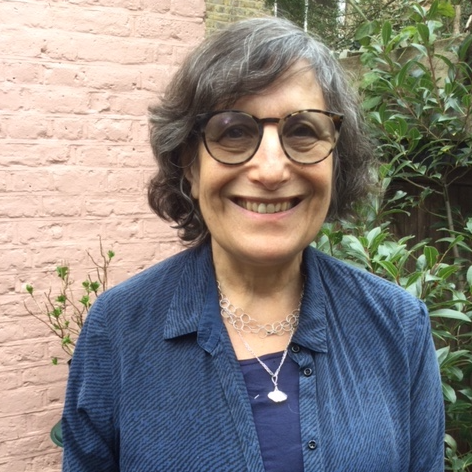
Elaine Unterhalter, University College London (UCL)
Elaine Unterhalter is Professor of Education & International Development at IOE, UCL’s Faculty of Education and Society, and Co-Founder of the Centre for Education and International Development. Her work is concerned with global and national policy and practice around gender equality in education, paying attention to intersectionality, the capability approach and human development. She has led research projects working in South Africa, Kenya, Nigeria, Tanzania, and Bangladesh. Her most recent publication is the edited collection Critical reflections on public private partnerships (2021, co-edited with Jasmine Gideon). She is the Principal Investigator on the AGEE project.
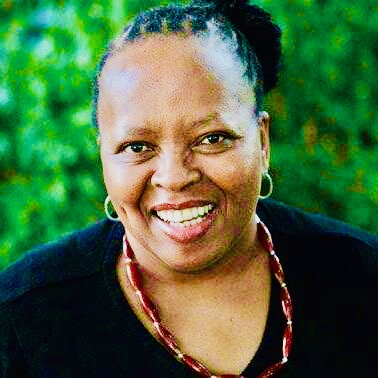
Relebohile Moletsane, University of KwaZulu-Natal
Relebohile Moletsane is Professor and the JL Dube Chair in Rural Education in the School of Education at the University of KwaZulu-Natal. As part of her Chair in rural education, she works in South African rural schools and communities, focusing on poverty alleviation, HIV & AIDS, gender inequality and gender-based violence as barriers to education and development. Her current projects focus on addressing sexual violence with girls and young women in rural communities. She is co-editor (with Claudia Mitchell) of the 2018 book, Disrupting Shameful Legacies: Girls and Young Women Speak Back Through the Arts to Address Sexual Violence. Rotterdam: Brill/Sense Publishers. She is Co-Investigator on the AGEE project.
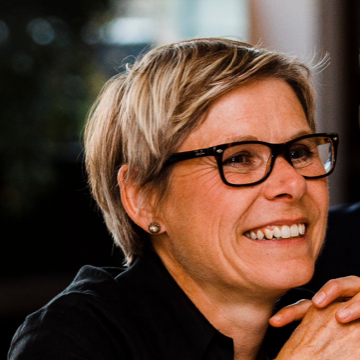
Helen Longlands, University College London
Dr Helen Longlands is a Lecturer in Education and International Development at IOE, UCL’s Faculty of Education and Society, and Programme Leader for the MA Education, Gender and International Development. Her research interests are interdisciplinary and concerned with gender, inequalities and social justice, with a particular focus on masculinities, transnational relationships of power, and the interconnections between the spaces of education, gender, work and family. Her latest publication is Gender, Space and City Bankers (2021). She is a Co-Investigator on the AGEE project.

Rosie Peppin Vaughan, University College London
Dr Rosie Peppin Vaughan is a Lecturer in Education & International Development at IOE, UCL’s Faculty of Education and Society. Her research focuses on transnational advocacy on girls’ and women’s education, and also draws on the capability approach and the concept of human development to explore the evaluation of educational equality and social justice. She has completed consultancies for several international organisations including Plan International, UNESCO and the UN Girls’ Education Initiative. She is a Co-Investigator on the AGEE project.
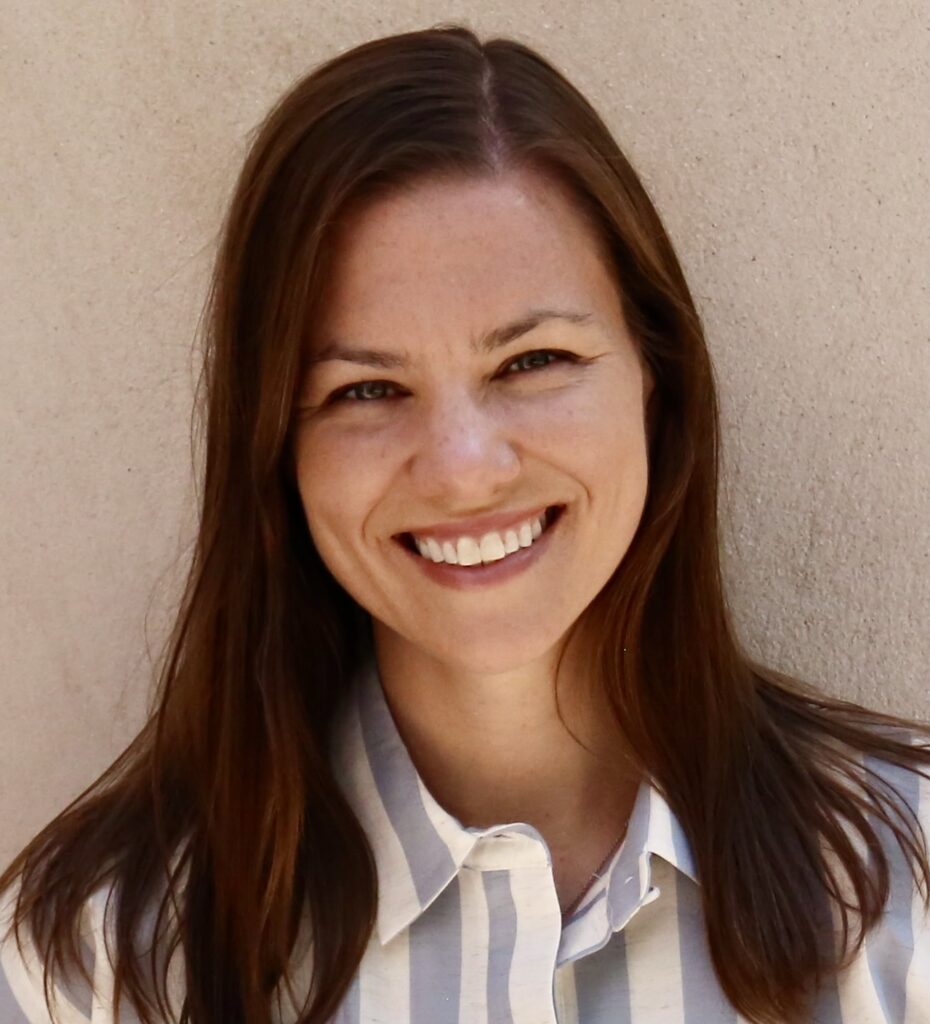
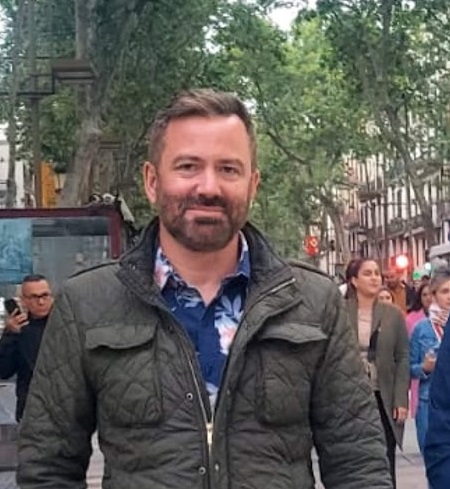
Meaghan Malloy, University College London
Meaghan Malloy is a PhD candidate in Education, Practice and Society at IOE, UCL’s Faculty of Education and Society. Her research focuses on influencing policy and practice at the intersection of education, gender and international development, with a focus on education measurement. Meaghan has 10 years of professional experience as an education and international development practitioner working in Latin America, the Middle East and East Africa. She brings a decade of passion and commitment to advancing quality and inclusive education, particularly for marginalised girls and young women. She has worked and consulted for various international organisations, foundations and nonprofits, including Education Development Trust, Glasswing International, UNDP, and UNICEF.
Caine Rolleston, University College London
Caine Rolleston is Professor in Education and International Development at IOE, UCL’s Faculty of Education and Society. He has worked on education and international development in a range of countries including Ghana, Vietnam, Ethiopia, Peru and India, including on the Young Lives International Study of Childhood Poverty based at the University of Oxford and on the FCDO funded RISE programme (Research on Improving Systems of Education). His research interests include issues in the economics of education in developing countries, school effectiveness, educational access and equity, privatisation, learning metrics and trajectories, longitudinal studies in education and development, cognitive and non-cognitive skills development and survey design.
We would also like to acknowledge the contributions of the following people to earlier phases of the AGEE project: Esme Kadzamira (University of Malawi), Catherine Jere (University of East Anglia), Professor Dorothy Nampota (Chancellor College, Malawi), William Nicholas (UCL), Charley Nussey (UCL) and our colleagues in the wider CEID gender community at UCL Institute of Education.
We would especially like to acknowledge the insights from Roy Carr-Hill (UCL), who sadly passed on 21st November 2022. You can read a tribute to Roy and his work here.
International Advisory Committee
- Nicole Bella, UNESCO
- Fabricia Devignes, Gender at the Center Initiative, IIEP
- Nora Fyles, former head of UNGEI
- Antara Ganguli, UNGEI
- Pali Lehohla, former Statistician-General, South Africa
- Steve McFeely, UNCTAD
- Relebohile Moletsane, University of Kwazulu-Natal
- Albert Motivans, Equal Measures 2030
- Sally Rosscornes, Gender at the Center Initiative, IIEP
- Justine Sass, UNESCO
- Isabella Schmidt, UN Women
- Papa Seck, UN Women
- Sharon Tao, Cambridge Education
- Antonia Wulff, Education International
Malawi Advisory Committee
- Olivia Liwewe, Gender specialist, civil society
- Alick Mphonda, National Statistics Office
- Joel Kanjunjunju, South Eastern Education Division
- Grace Milner, Ministry of Education
- Sabina Morley, DFID
- Mercy Kanyuka, National Statistical Office
South Africa Advisory Committee
- Jane Bennett, African Gender Institute, University of Cape Town
- Brahm Fleisch, Educational Leadership, Policy and Skills Unit, University of the Witwaterrand
- Janine Hicks, School of Law, University of Kwazulu-Natal
- Dululu Hlatshaneni, Department of Basic Education
- Roné McFarlane, Equal Education
- Nkonzo Emmanual Mkhize, Student, University of Kwazulu-Natal
- Benita Moolman, Human Sciences Research Council
- Amanda Ngcobo, Teacher and former student of University of Kwazulu-Natal
- Ali Shongwe, Student Activist, University of Kwazulu-Natal
- Lisa Wiesbesiek, PhD student, University of Kwazulu-Natal
